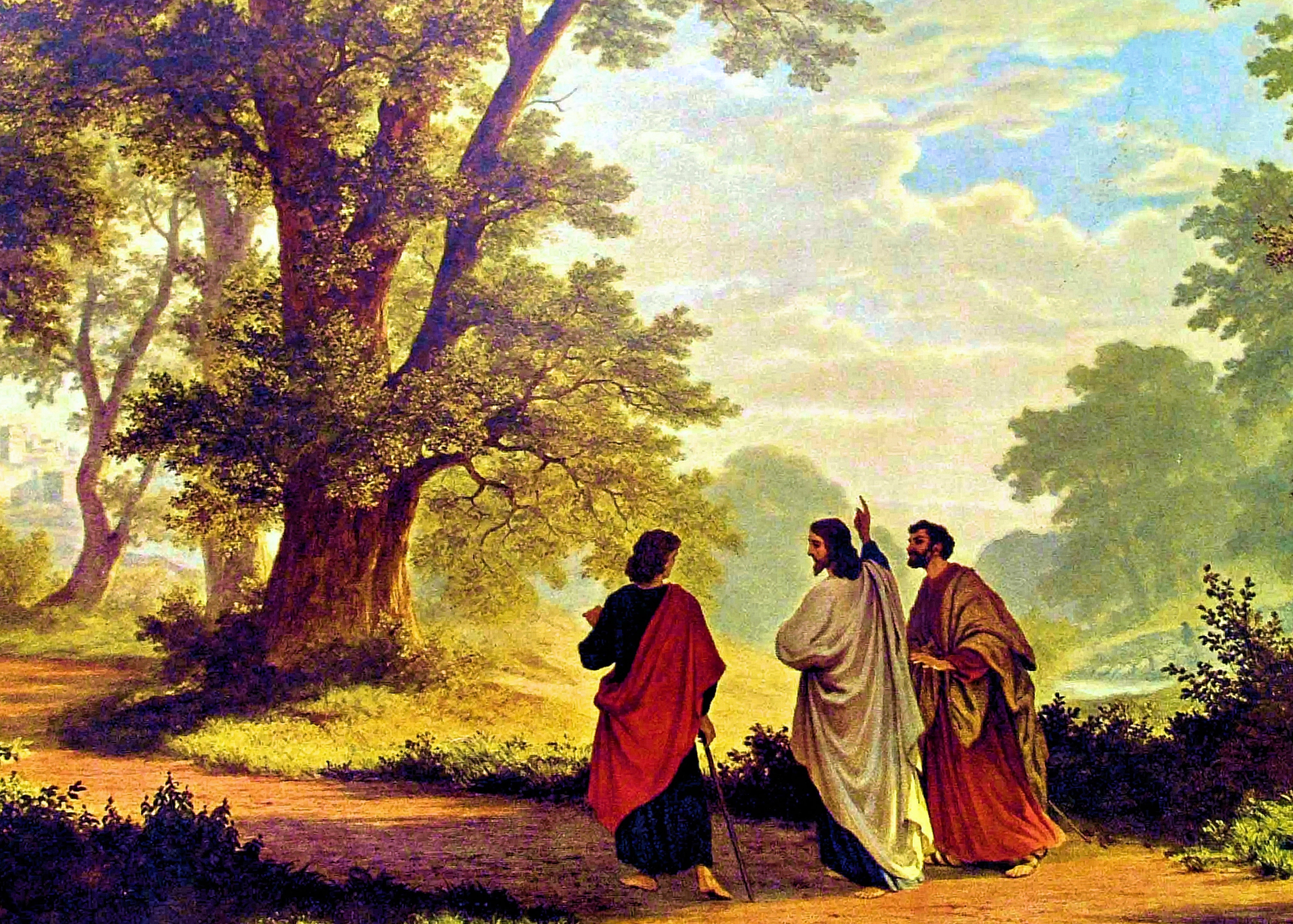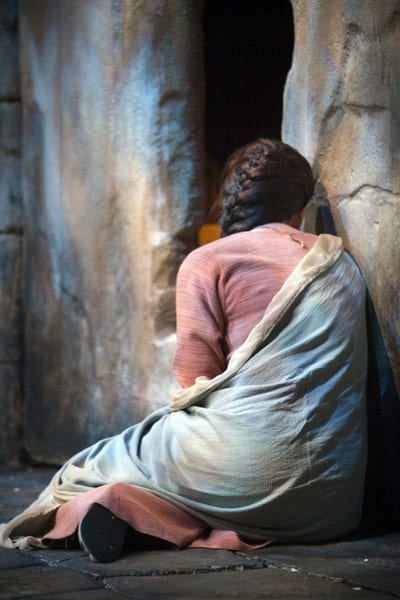In today’s Gospel Our Lord tells the disciples that starting from Jerusalem they would be witnesses that repentance would be preached, for the forgiveness of sins, and this preaching would then extend to all the nations. Peter in today’s First Reading takes up this thread as the Jews gathered in the Temple are still astonished by the healing of the man crippled from birth. Peter starts preaching in Jerusalem, but he tells the Israelites that this preaching is meant to become a blessing for all.
Peter speaks to his audience in a language they understand: Biblical tradition and fulfillment. He shows them that the God of their fathers, the patriarchs, raised Jesus from the dead after they’d put him to death out of ignorance. The healing of the crippled man in Jesus’ name was a sign of this. Moses in the book of Deuteronomy, quoted by Peter (Deuteronomy 18:15–16), had promised them a prophet would come who was indispensable for remaining a part of the People of God and would be like Moses himself. That prophet was Jesus. Peter tells them all the prophets had announced what was taking place. Therefore this was an essential moment of fulfillment for the people of Israel: through this moment the people of Israel will fulfill their purpose, a purpose mentioned to Abraham that through them all families of the earth would be blessed (see Genesis 12:3). Peter encourages them to repent of what they’d done to Jesus and to believe in him.
In each believer preaching repentance for the forgiveness of sins starts with us: we have repented and received this forgiveness, we have believed in Jesus after letting him be handed over. Like the first disciples we must proclaim the good news as well so that every nation will be blessed. The good news has reached us; let’s help it reach others.
Readings: Acts 3:11–26; Psalm 8:2ab, 5–9; Luke 24:35–48. See also Easter Thursday and 3rd Sunday of Easter.


